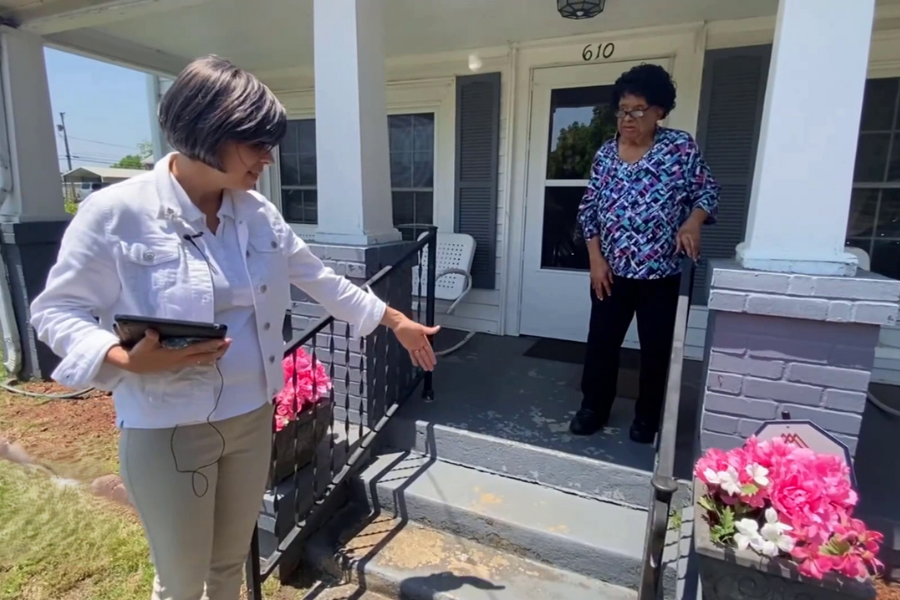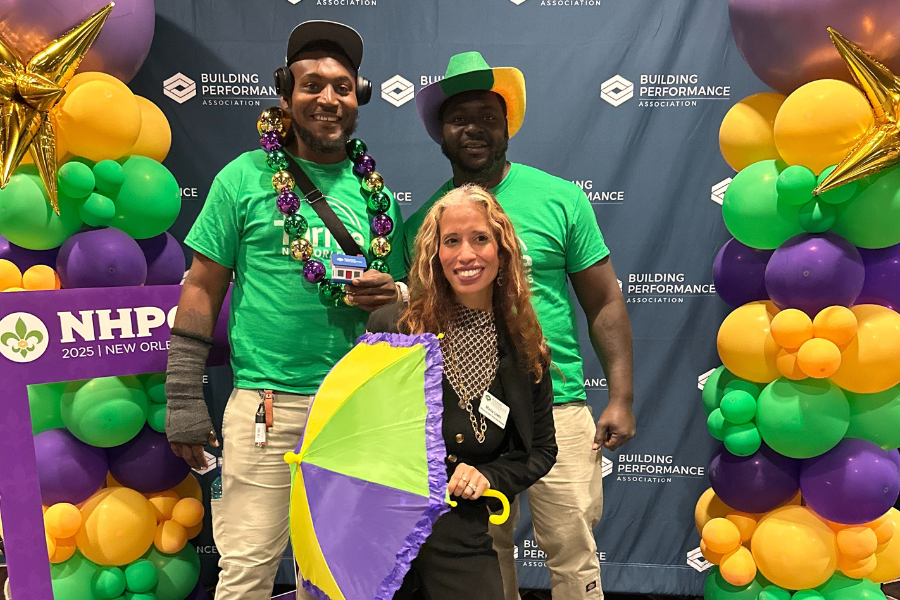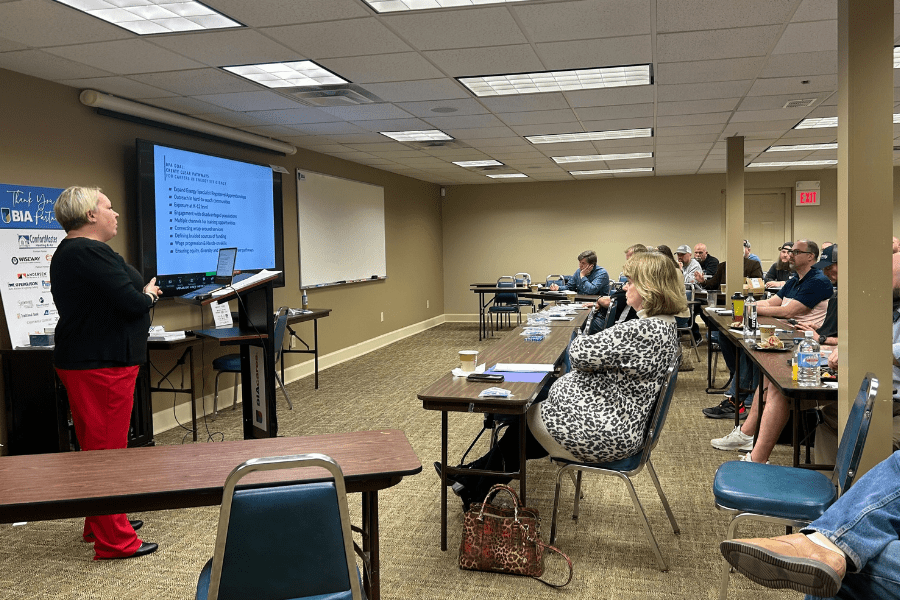Feb 5, 2024
Overcoming Challenges as a Minority Contractor
The building science industry has reached a tipping point; we need a highly skilled and trained workforce. One way to achieve this is to be open and inclusive to all people, regardless of skin color, religion, or gender.
By: Brynn Cooksey, CEM
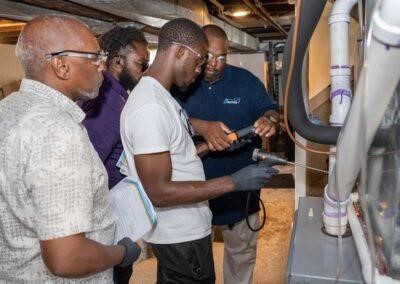
The building science industry has reached a tipping point. This industry needs a highly skilled and highly trained workforce…and we need them like yesterday! One way to achieve this is to be open and inclusive to all people, regardless of skin color, religion, or gender. Having a diverse workforce promotes unity in a workplace, and cultural enrichment can be just as satisfying as helping customers reduce their utility bills.
My name is Brynn Cooksey, and I own a home performance contracting business in Southeast Michigan. I have been in this industry for two decades and am always learning. I am an African American and grew up in an urban neighborhood in Detroit, Michigan. My retired HVAC technician father exposed me to the skilled trades. Throughout my career, I found my journey to obtain knowledge and build a business to be a lonely one. The reason for this is that I very rarely see individuals who look like me. Representation does matter, and having someone who can relate to you to some extent means the world when you are trying to overcome a hurdle or solve a problem.
Challenges as a Minority Contractor
As a minority contractor in the United States, there are several barriers that a person like me has to overcome. Whether it’s the inability to gain access to capital dollars to build a business, attend business courses, find reliable training, or get awarded contracts, I found breaking through into the industry and gaining a market share or presence in my area challenging. Maneuvering through these issues is not for the faint of heart, and trying to forge ahead can be discouraging when the cards are stacked against you.
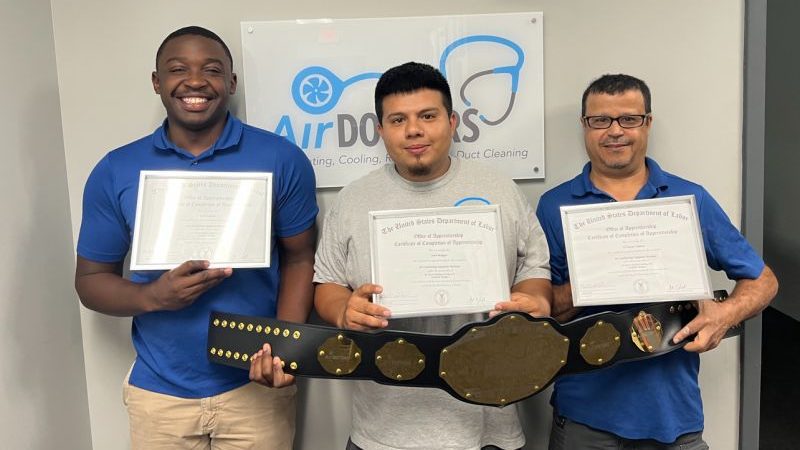
Exposure
Because of my challenges, I made it a part of my journey to improve this industry. In doing so, I volunteer to train or speak at high schools and colleges to get the word out about home and building performance, and the great jobs our industry has available. To my disappointment, I learned very quickly that skilled trades, in many respects, still have a negative perception that they are only for people who could not attend college. This doesn’t help our cause as we try to recruit students to come to work for us.
During our conversations with potential building science candidates, we highlight that careers in clean energy are abundant, and it is an industry with many career paths to choose from. We also stress that you can have a high-paying and rewarding career without needing $10,000 in student loans. To put the cherry on top, we describe how entering the clean energy industry is a great way to start a business and become an entrepreneur.
Resources
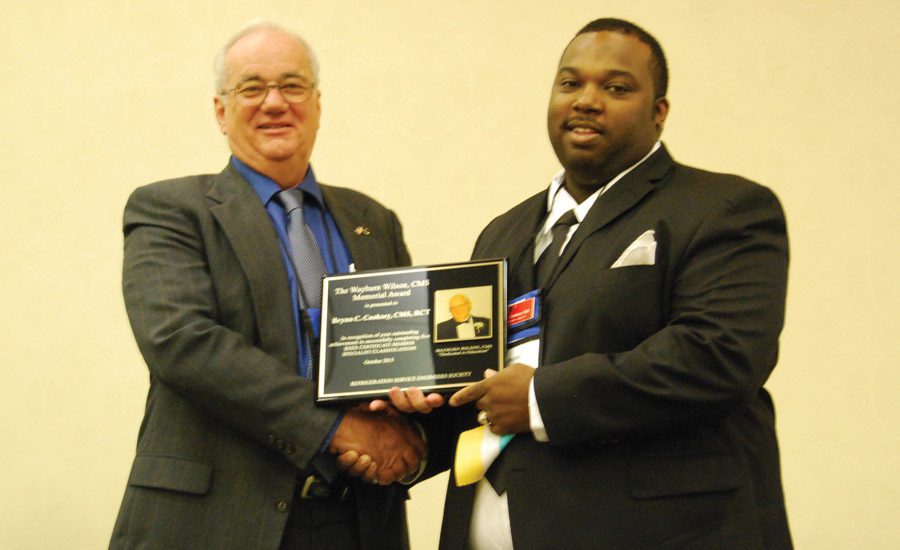
Joining a trade association like the Building Performance Association was a big help. Trade associations like these help you develop relations that you can use to help you reach your goals. The conferences are excellent as they are always exciting and enlightening. Online training and resources are also beneficial for training and staying current with industry changes.
To level the playing field, many federal agencies and privately held companies have incentives to increase minority spending with contractors and other businesses. Many states and regions across the country also have special programs that assist in leveling the playing field to give businesses some assistance in getting their business in gear. Below is a list of a few but note that the list is vast and varies significantly by region.
I’ve used these resources and other available resources for disadvantaged businesses, which has helped my business tremendously. I have grown my contracting business from 1 person (me) to 20 employees in just a few short years. The journey has been incredible, and I am enjoying the opportunity to learn every day.
Minority Business Enterprise (MBE)
One way to get some traction in your business is to obtain a minority business enterprise certification. The MBE is a certification of the National Minority Supplier Development Council (NMSDC). The MBE is generally handled at the state level and is a process to vet your business. The organization works with disadvantaged businesses (not having access to the same opportunities) and helps them to stabilize their business. The process involves disclosing your business’ features, which need to be verified by a third-party organization. This certification gives a potential client looking to do business with the MBE assurance that the MBE’s business is legitimate and viable. The NMSDC also has significant resources to help business owners speed up the learning curve, including understanding financial statements, marketing, and human resources.
Veteran-Owned Business
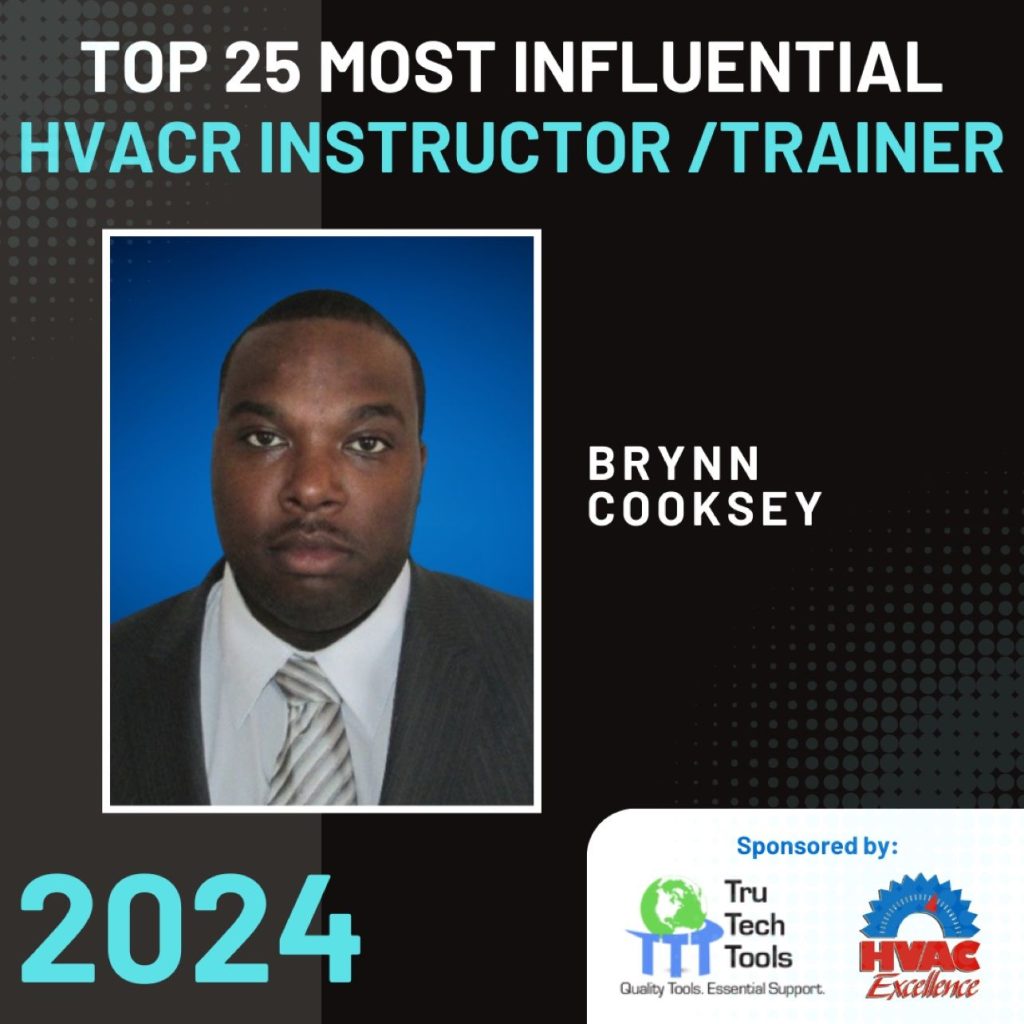
Veterans have similar organizational support with as many benefits as the MBE. Still, the qualifying metric here is that the business owner needs to have served in the military. There are various veteran certifications, so be sure to find the ones that best fit your business.
Women-Owned Business
In general, women are also considered a disadvantaged class who often to not have access to similar opportunities due to their gender. These women can apply to become certified as a woman-owned business and receive similar benefits as a MBE. A woman-owned business is a specific designation used by American government agencies and industry associations to set aside special programs to encourage and empower female business owners.
The Big Picture
Regardless of your demographic, the big picture is that this industry needs a highly trained, highly skilled workforce. The people who will be involved in the energy revolution will come from all walks of life. If you are a business owner or considering running a business, rest assured there are resources there that can help. Don’t let bumps in the road prevent you from having a total share in improving our homes and businesses.


